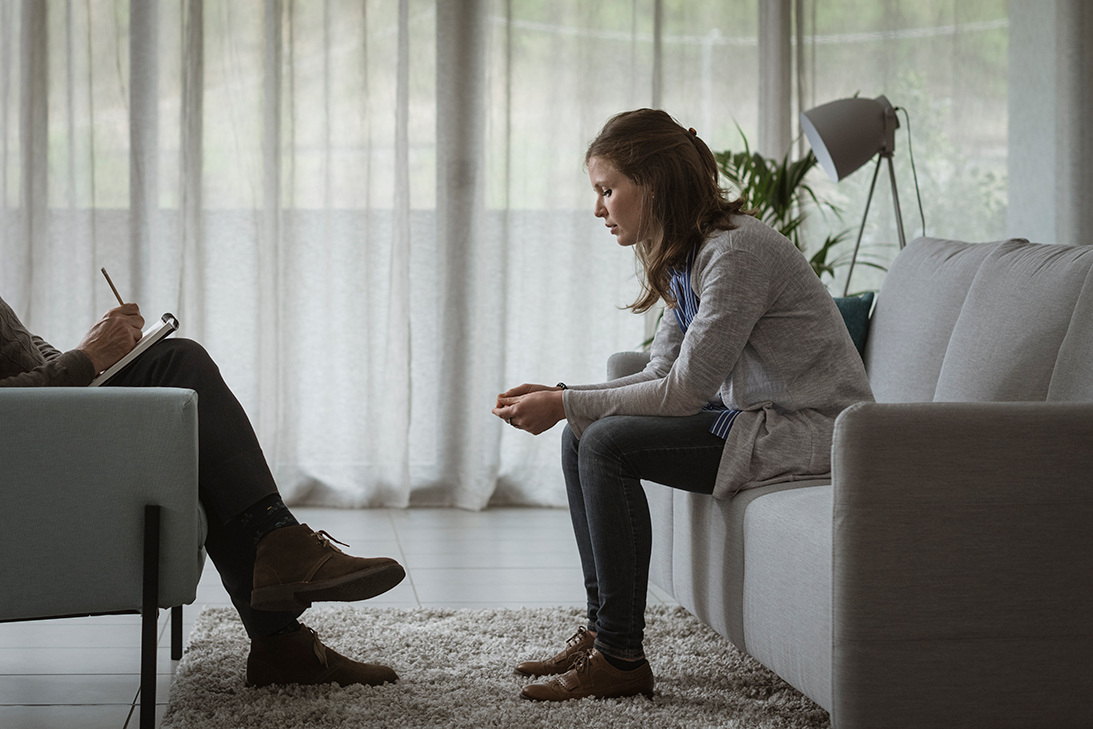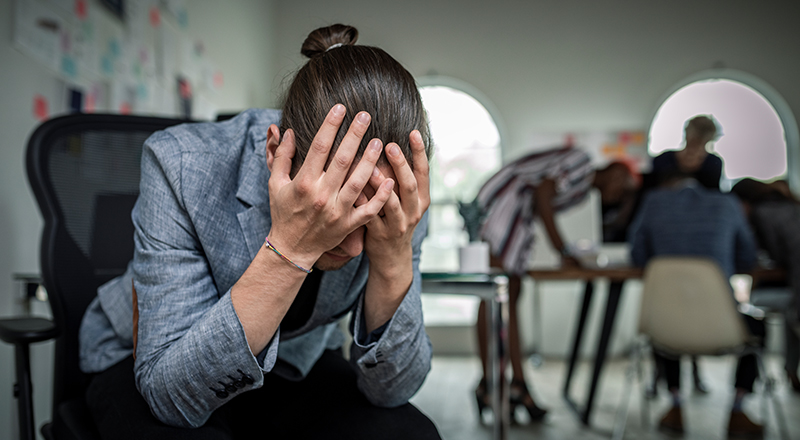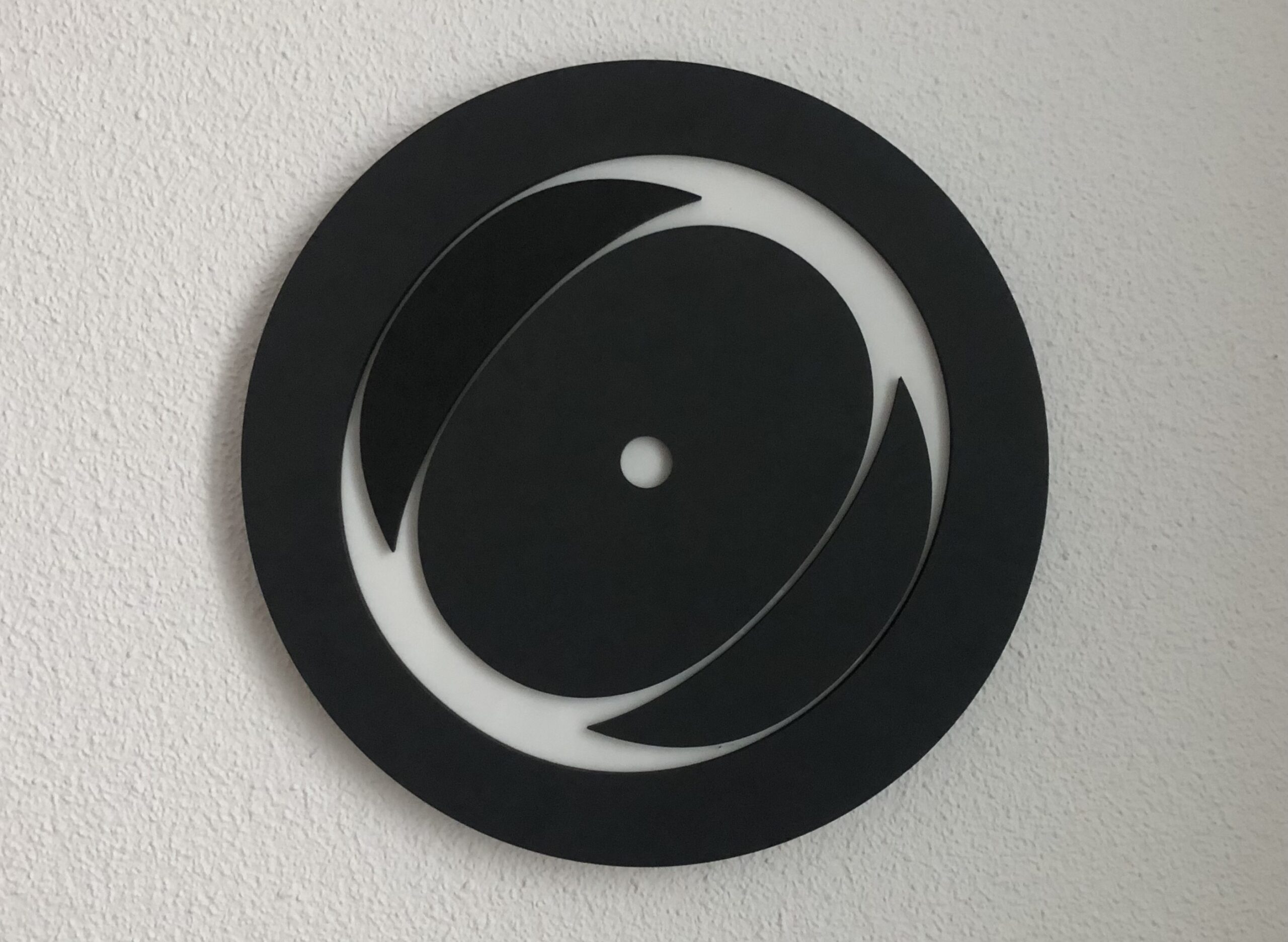The day of the exam arrived, and I did well despite everything. I managed to get a good position as civil servant in a new and more exciting city. I finally moved from my parents’ home to a flat with other colleagues. I had got my desired independence. The anxiety around the eye floaters abated somewhat in the following months as I did not have to spend long time reading a book anymore. Nevertheless, I did not completely forget about them (despite the fact that most people told me it would happen). Part of my brain kept checking and focused on them many times during the day. It usually happened when I tried to relax, for example, when staring at some beautiful scenery in the open air. Even driving, that I used to enjoy, became an unpleasant activity as I had to force my brain to keep the attention on the road and not on those annoying flies.
By that time, I started a new relationship. I made the decision that I would not share with him my “ocular problem”. There was no benefit at all telling my problem to anybody else. It had been more than a year since I started suffering floaters and nobody could have helped me so far, including doctors. On the opposite, sharing it with others only had made me sad and desperate when I realized people could not really empathize with my problem and my mental suffering. I came to the conclusion that I had to carry on and keep that “torture” in silence.

Few months later, we went to make a trip by car. We were in silence when, suddenly, he asked me why I was so often absent-minded, without saying anything. He noticed something strange on me and I knew what he meant. Those were the moments when the floaters used to catch my attention. I could not lie to him, so I decided to tell him the truth.
I remembered that conversation very well. I started carefully explaining my problem, the physical phenomenon of floaters in my eyes and the lack of treatment. I felt comfortable so I opened my heart and tried sincere. I spoke about my feelings and the mental distress I was bearing since this issue started. Perhaps, for the first time, I recognized that my mental suffering might be objectively “disproportionate” to the physical problem, but I did not know how to get it over. I finished the talk feeling ashamed sharing with him my “mental weakness”. He had listened to me carefully. Then, he said: “Why don’t you try psychotherapy?, “I think that might help you”. He told me then his own experience of mental distress when he was a child and how a psychologist had helped him get better in just few sessions. His words gave me some hope.
Few weeks later, I went to see a psychologist for the first time in my life. I vividly remembered my intrusive thoughts of mistrust and skepticism about undertaking a mental therapy. However, I had nothing to lose. I had been feeling sad and anxious too long. “It cannot get worse,” I said to myself.
"I went to see a psychologist for the first time in my life. I vividly remembered my intrusive thoughts of mistrust and skepticism about undertaking a mental therapy. However, I had nothing to lose"
I told the psychologist about my irritating eye spots and the misfortune that had befallen me since I first saw them. Once again, I explained the mental suffering that the floaters entailed to me. How they took over my attention and made me reduce my performance. The lack of treatment and the lack of improvement despite almost two years experiencing this phenomenon. After my speech, the psychologist nodded and then she said: “I’m really sorry for the suffering and discomfort this is causing you”, “Now, please, tell me something else that bothers you”. She left me speechless! “Anything else bothering me?”, “What does she mean?” I thought. I began to wonder if there was something else that was causing me distress. Surprisingly, I could not find anything to say. “No, there is nothing else…” I told her. But I hesitated about my answer, “How can there be nothing else bothering me?” I tried to make a mental effort to bring some present or past problems to my mind. Gradually, some thoughts started to show up in my mind. “Well, I commenced…”
The therapy guided me to gradually change my attention from the eye floaters to “real problems”. At the beginning, I had to make an effort to bring to my consciousness past and present experiences that make me sad, anxious or worried. I realized I barely thought about daily-life problems as I was always busy focusing on my eye floaters. In fact, an unpleasant phone call, some problem at work, a family argument or a sad memory from the past were triggers to make me that day more burdened and desperate with the issue of floaters. Session by session, I learnt again how to be more aware of these real “unpleasant” problems that my brain seemed to hide to the unconsciousness, partly thanks to my daily occupation with my ocular problem. Could it be possible that the floaters were a kind of crutch that my brain used so that I did not have to deal with other complex or painful problems?

I started to get better although not too fast. To be honest, it took me several years to completely get back to normal. Nevertheless, from the first sessions I felt some relief after getting to know how my mind worked (or did not work!). How on earth my mind could function like this? What madness!
Thanks to a better understanding of my mental mechanisms, I can now live without paying attention to my eye floaters or other “psychogenic” body symptoms (correctly named “somatizations”). Of course, I still have to deal with mental suffering, but it comes from “real” problems that my mind no longer has to hide or transform into physical discomfort. Sometimes, I still experience somatizations but, as I know myself, when I feel weird or disproportionate body symptoms, I always double-check if there is something else (“a real problem”) that could be triggering them. I would say I have learned to deal with my “mental weakness” by using mechanisms to avoid getting trapped by somatizations. In other words, I have accepted my madness. After all, who does not have one!
The bottom line is not to feel ashamed for it, accept we are all vulnerable to suffer a mental problem and seek professional help without hesitating.
Marisol. Abogacía.
The authorship of this article belongs entirely to the patient who wrote it, having transferred it to SAMON for its publication. Some personal data may have been modified for the privacy of the author.



